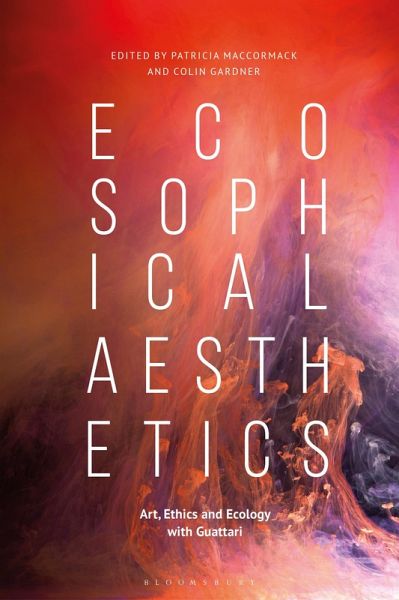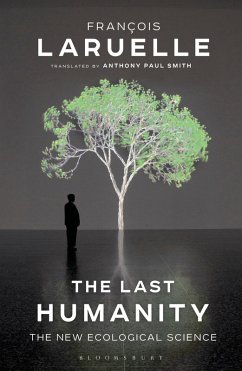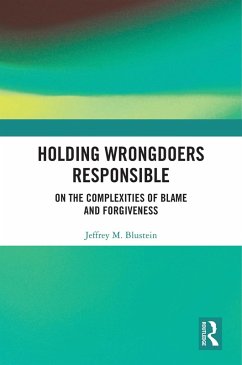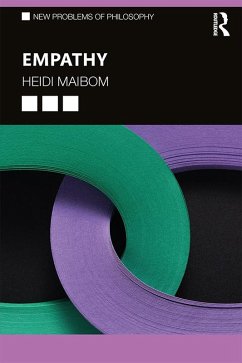
Ecosophical Aesthetics (eBook, PDF)
Art, Ethics and Ecology with Guattari
Redaktion: Maccormack, Patricia; Gardner, Colin
Versandkostenfrei!
Sofort per Download lieferbar
28,95 €
inkl. MwSt.
Weitere Ausgaben:

PAYBACK Punkte
14 °P sammeln!
Inspired by the ecosophical writings of Felix Guattari, this book explores the many ways that aesthetics - in the forms of visual art, film, sculpture, painting, literature, and the screenplay - can act as catalysts, allowing us to see the world differently, beyond traditional modes of representation. This is in direct parallel to Guattari's own attempt to break down the 19th century Kantian dialectic between man, art, and world, in favour of a non-hierarchical, transversal approach, to produce a more ethical and ecologically sensitive world view. Each chapter author analyses artworks which cr...
Inspired by the ecosophical writings of Felix Guattari, this book explores the many ways that aesthetics - in the forms of visual art, film, sculpture, painting, literature, and the screenplay - can act as catalysts, allowing us to see the world differently, beyond traditional modes of representation. This is in direct parallel to Guattari's own attempt to break down the 19th century Kantian dialectic between man, art, and world, in favour of a non-hierarchical, transversal approach, to produce a more ethical and ecologically sensitive world view. Each chapter author analyses artworks which critique capitalism's industrial devastation of the environment, while at the same time offering affirmative, imaginative futures suggested by art. Including contributions from philosophers, film theorists and artists, this book asks: How can we interact with the world in a non-dominant and non-destructive way? How can art catalyze new ethical relations with non-human entities and the environment? And, crucially, what part can philosophy play in rethinking these structures of interaction?













